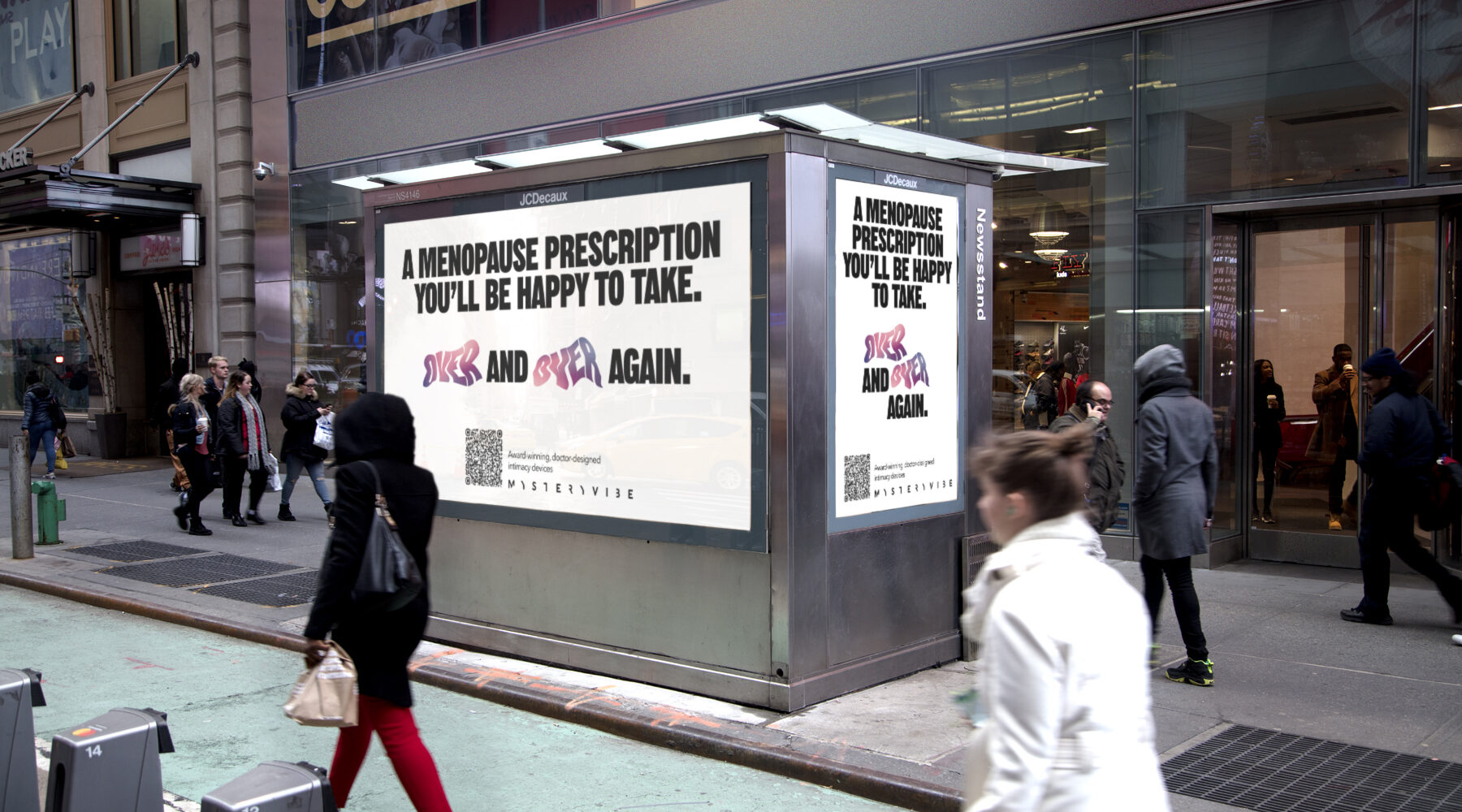
MysteryVibe Promotes Masturbation During Menopause In OOH Campaign
MysteryVibe has teamed up with Havas Lynx Group on an out-of-home campaign called “Over and Over Again” promoting masturbation and orgasms as medically backed solutions for many of menopause’s unpleasant symptoms.
The sexual device company and healthcare communicate agency report the campaign is the first to promote orgasms for post-menopausal women. It goes live today at 24 newsstands and bus stops in across Midtown and Lower Manhattan. Additionally, an educational video starring Joyce Harper, professor of reproductive science at the Institute for Women’s Health, University College London, will launch on MysteryVibe’s social media accounts and website.
The provocative campaign cost approximately $50,000. Keen on it coming to fruition, Havas subsidized part of the cost. The campaign isn’t just about raising eyebrows. Harper, who’s dedicated over 30 years to studying genetics, fertility and women’s health, says masturbation promotes blood flow to the vagina and vulva, which boosts natural lubrication that decreases vaginal dryness in the short term and leads to healthier vaginal tissue over time.
“This can be very important post-menopause,” she explains, adding, “Orgasms reduce stress and anxiety, increase wellbeing, help you sleep and ease pain as they release feel good hormones such as oxytocin and the endorphins dopamine and serotonin. Women also get back in touch with their body, and it can help connect with a partner.”
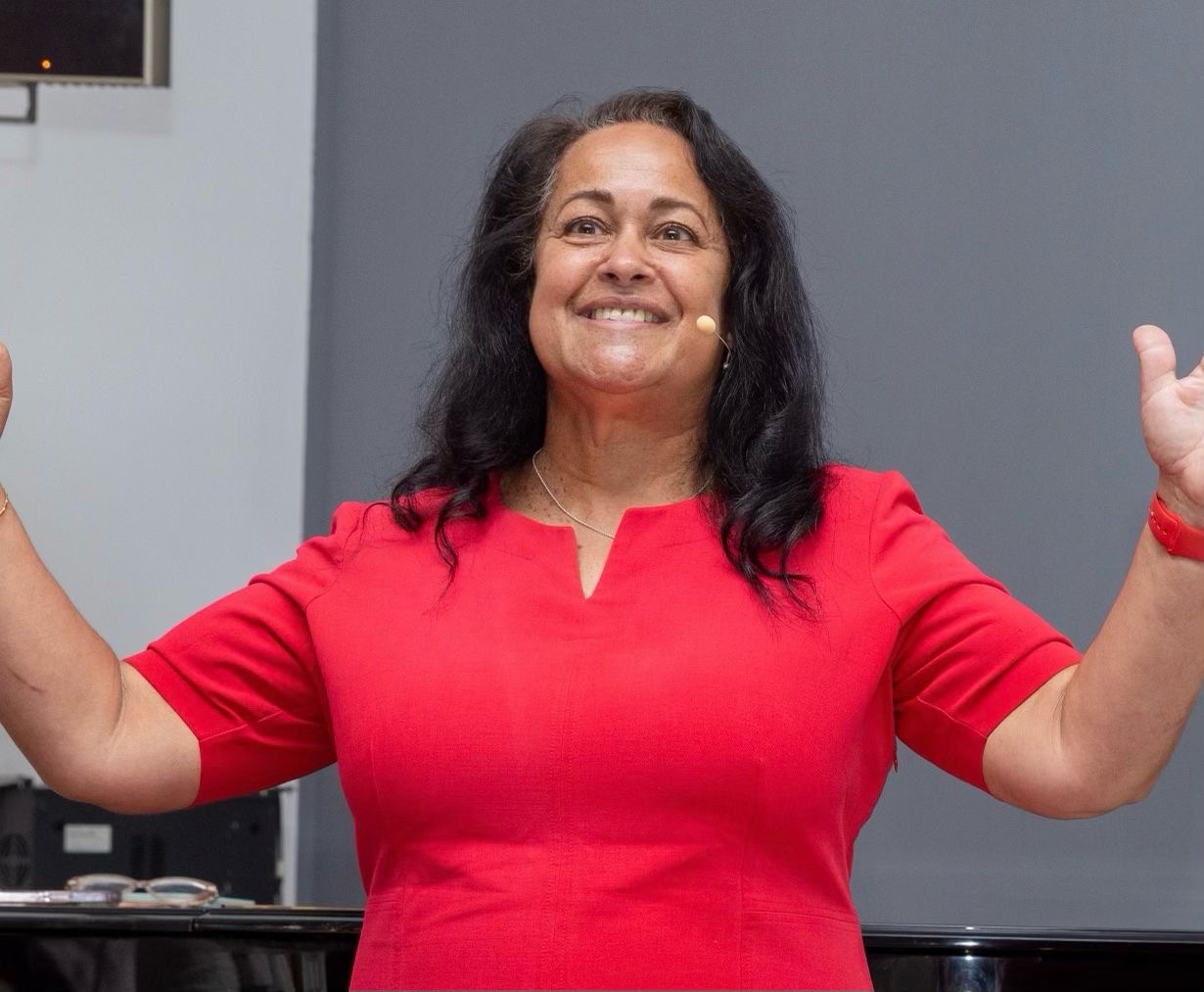
MysteryVibe’s awareness-raising efforts aren’t limited to New York City. It recently premiered an OOH campaign in London showcasing its bestselling Crescendo vibrator, but founder and CEO Soum Rakshit points out that the two campaigns are quite different. The London campaign is product-focused, while the New York City campaign is message-focused.
Speaking of the New York City campaign, Rakshit says, “We don’t want them to even think about the brand. There is so little time that we have of the people who are going to drive past [the ads]. If we tell them too many things, they’re going to forget. All we want them to remember is pleasure after menopause, whether it’s yourself, your partner, your friend, whoever’s going through menopause or has gone through menopause and have probably thought, ‘My pleasure and sex life is over.’ How do we get them to just have that initial conversation, which might lead to more research?”
Although the menopause masturbation campaign isn’t aimed specifically at driving sales, MysteryVibe has been pulling other levers to do so, including trying its hand at advertising on X, the platform formerly known as Twitter. It’s run ads on X for less than three months. While social media companies tend to be unfriendly to sexual wellness brands, X owner Elon Musk opened promoted posts on the social media platform up to sexual wellness brands—to a certain extent. Rakshit says, “You can’t advertise adult content or porn, but as long as the ads are very clean and sensible, they’re OK with it.”
He elaborates that X’s advertising process is manual, and the brand has each ad reviewed by a person at the platform. The process is a stark contrast to Meta’s impersonal procedures. Sexual wellness brands have had difficulties finding a person at Meta to communicate with when ad issues arise. Ad dollars have fled X of late due to brand safety concerns and erratic management as well as controversy over Musk’s endorsement of an antisemitic post and vocal criticism of advertisers, giving the platform good reason to woo brands having trouble elsewhere. In particular, it has pivoted to ads by small businesses.
The results of MysteryVibe’s X ads have varied. “You could have a really good week where the return on ad spend is good, you could have a really bad week where the return on ad spend is bad,” says Rakshit. “It’s not special. It depends on the targeting, on the creative, on the competition. It’s just like advertising on Facebook, Google, etc., the main difference being that they are far more accepting of ads, whereas many other channels won’t allow it.”
At the end of last year, MysteryVibe became the first sexual wellness brand to enable consumers to pay on its website with funds from their flexible spending or health savings accounts. The brand’s sales have grown 150% year-over-year.

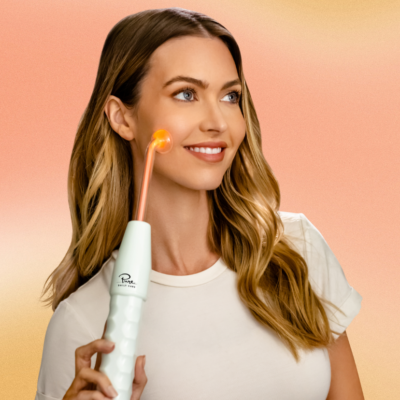
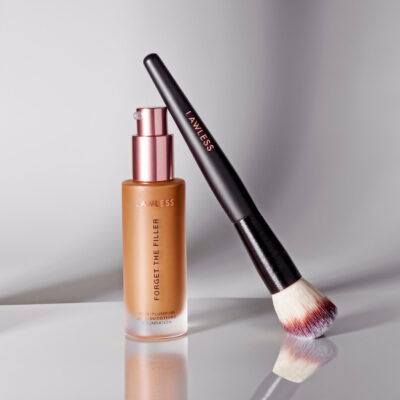
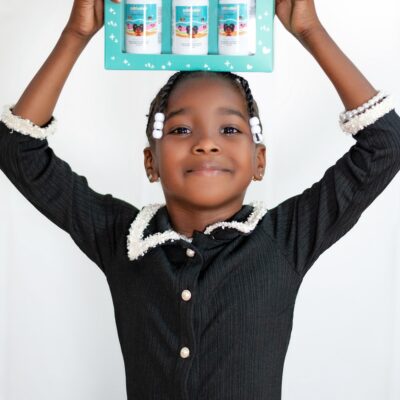

Leave a Reply
You must be logged in to post a comment.